The programs are many and varied, and the qualifications for each are specific. SBA (small business association) can help facilitate a loan for you with a third party lender, guarantee a bond, or help you find venture capital.
Understanding how SBA works is the first step towards receiving assistance.
SBA provides a number of financial assistance programs for small businesses that have been specifically designed to meet key financing needs, including debt financing, surety bonds, and equity financing.
SBA does not make direct loans to small businesses. Rather, SBA sets the guidelines for loans, which are then made by its partners (lenders, community development organizations, and microlending institutions).
The SBA guarantees that these loans will be repaid, thus eliminating some of the risk to the lending partners. So when a business applies for an SBA loan, it is actually applying for a commercial loan, structured according to SBA requirements with an SBA guaranty.
SBA-guaranteed loans may not be made to a small business if the borrower has access to other financing on reasonable terms. SBA loan guaranty requirements and practices can change as the Government alters its fiscal policy and priorities to meet current economic conditions.
Therefore, you can’t rely on past policy when seeking assistance in today’s market.
SBA’s Surety Bond Guarantee (SBG) Program helps small business contractors who cannot obtain surety bonds through regular commercial channels. A surety bond is a three-party instrument between a surety (someone who agrees to be responsible for the debt or obligation of another), a contractor and a project owner.
The agreement binds the contractor to comply with the terms and conditions of a contract. If the contractor is unable to successfully perform the contract, the surety assumes the contractor’s responsibilities and ensures that the project is completed.
Through the SBG Program, the SBA makes an agreement with a surety guaranteeing that SBA will assume a percentage of loss in the event the contractor should breach the terms of the contract. The SBA’s guarantee gives sureties an incentive to provide bonding for eligible contractors, thereby strengthening a contractor’s ability to obtain bonding and greater access to contracting opportunities for small businesses. SBA can guarantee bonds for contracts up to $5 million, covering bid, performance and payment bonds, and in some cases up to $10 million for certain contracts.
SBA’s Small Business Investment Company (SBIC) Program is a public-private investment partnership created to help fill the gap between the availability of growth capital and the needs of small businesses. The SBA does not invest directly in small businesses, relying instead on the expertise of qualified private investment funds.
The SBA licenses these funds as SBICs and supplements the capital they raise from private investors with access to low-cost, government-guaranteed debt. With these two sources of capital backing them, SBICs search across the United States for promising businesses in need of debt or equity financing.
SBICs are similar to other investment funds in terms of how they operate and their pursuit of high returns. However, unlike other funds, SBICs limit their investments to qualified small business concerns as defined by SBA regulations.






